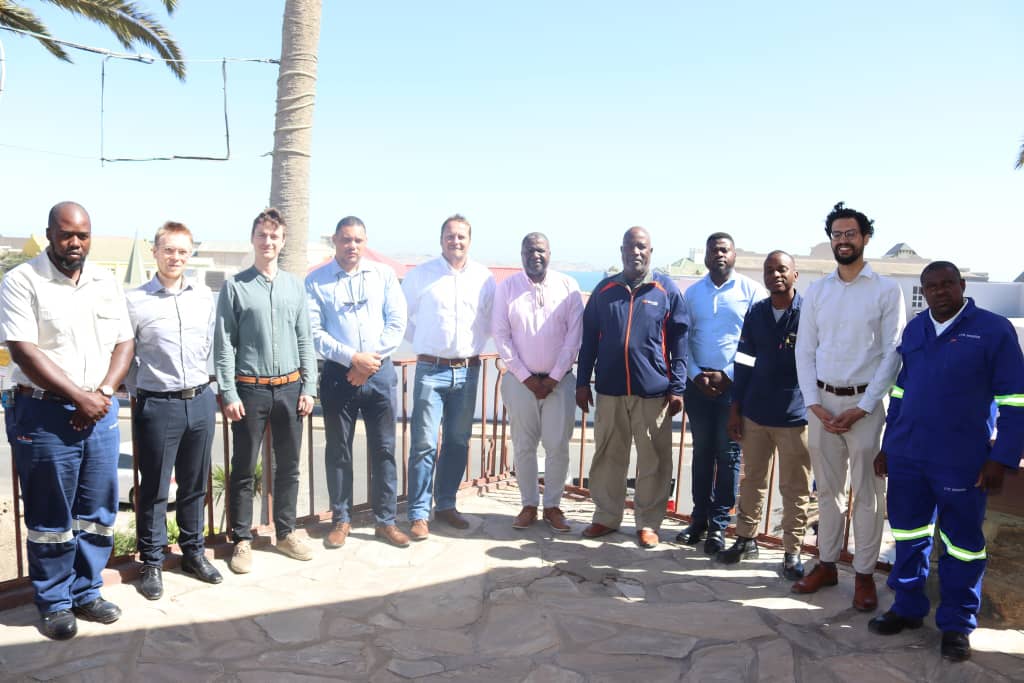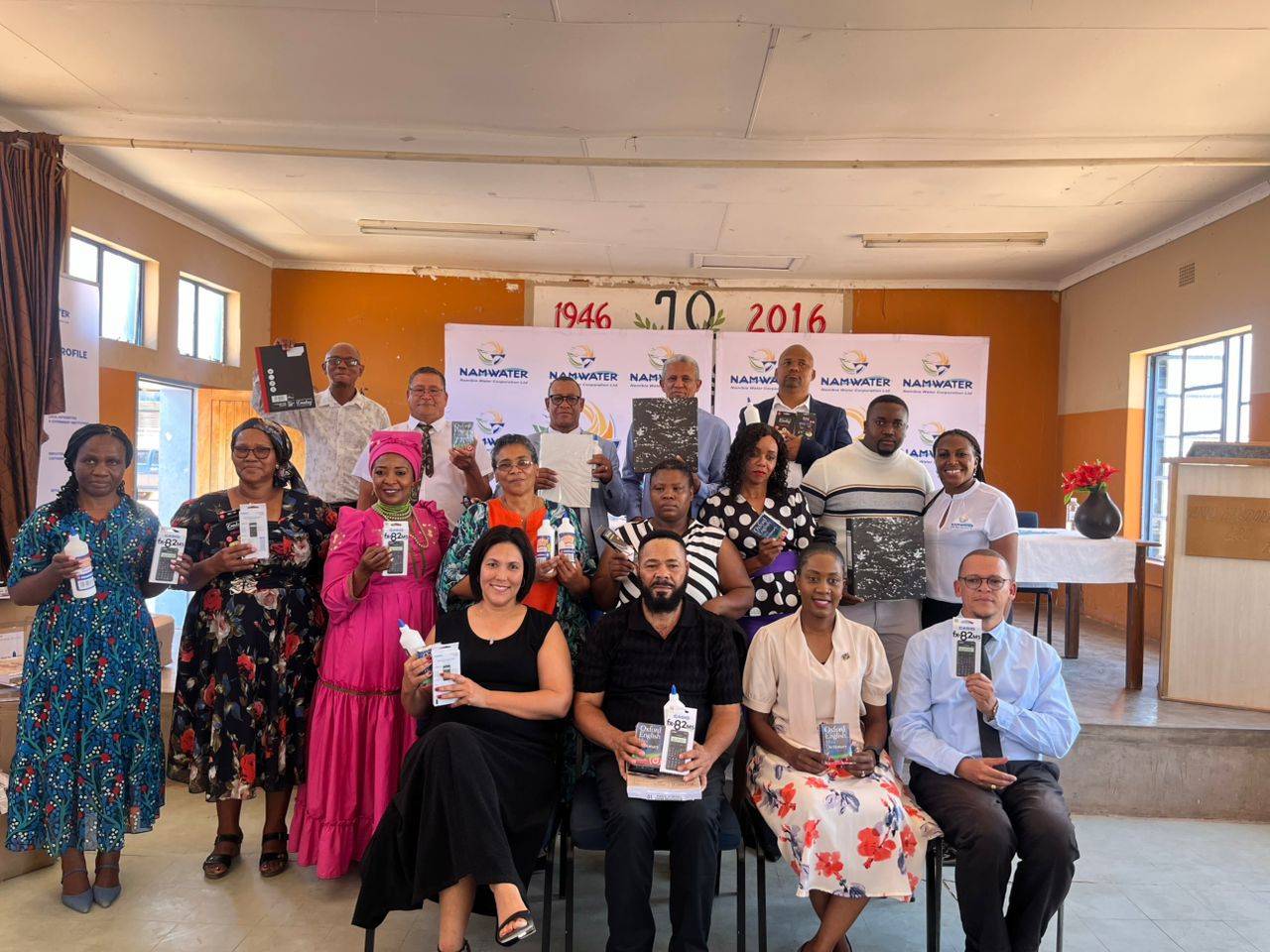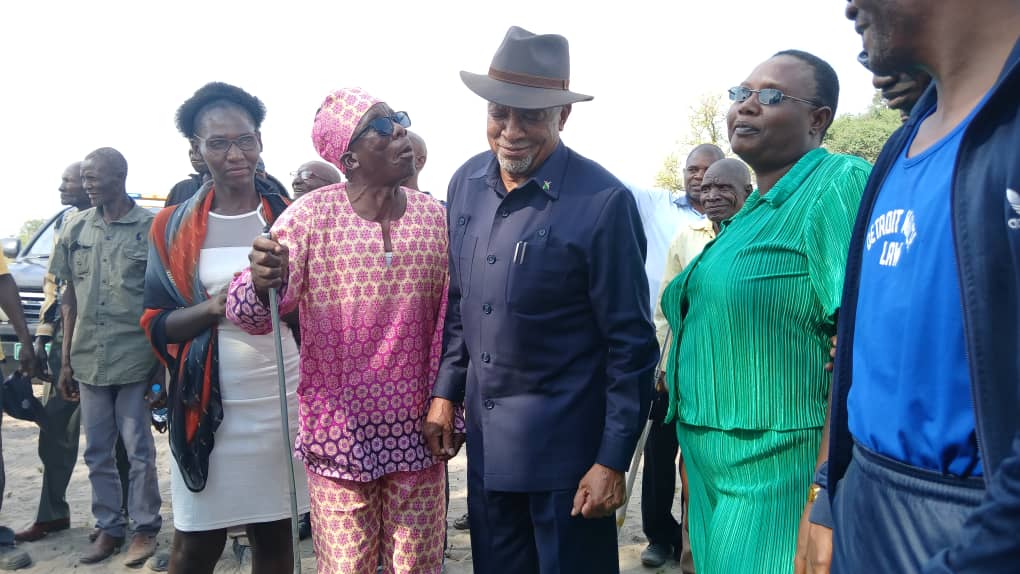The Institute for Social-Ecological Research is studying the potential social and ecological risks, such as water and land use conflicts that might arise, including the potential offered by the production of green hydrogen in the country.
Since October last year, scientists and consultants from the Frankfurt-based institutions, Dechema, Gesellschaft für Chemische Technik und Biotechnologie and the Institute for Social-Ecological (ISOE) Research have been analysing how a hydrogen economy can be successfully established in Namibia and the possibility for exporting it to Germany.
GreeN-H2 project coordinator Daniel Frank, from Dechema, in a press release issued on Monday, said during the next two years of the study, the project partners will analyse aspects of the production, conversion and transportation of green hydrogen in Namibia. The Green-H2 team is expected to visit Namibia again from 26 June to 7 July. Their previous visit was in March-April.
The project is funded by the German Federal Ministry of Education and Research as part of its strategy to expand international hydrogen partnerships since there is not enough green hydrogen produced in Germany while it is decarbonising.
Frank said even though, according to many experts, Namibia is one of the most promising countries for the low-cost production of green hydrogen, it is also the driest country in the sub-Saharan region.
“Sufficient renewable energy alone is not enough for hydrogen production. Water, which is also needed, must therefore be obtained locally from seawater desalination plants or water re-use concepts, as groundwater alone will not be sustainable nor sufficient to meet the increasing demand in the future,” said Frank.
Therefore, he said, the goal of the study is to investigate the potential of a green hydrogen industry, including innovative seawater desalination technologies on site, as well as possibilities for hydrogen and its derivatives like ammonia to be exported to Germany.
Dechema focuses on the technical aspects of hydrogen production and water management as well as studies on market development, while ISOE provides support in transformation management and social-ecological impacts.
Stay informed with The Namibian – your source for credible journalism. Get in-depth reporting and opinions for
only N$85 a month. Invest in journalism, invest in democracy –
Subscribe Now!






